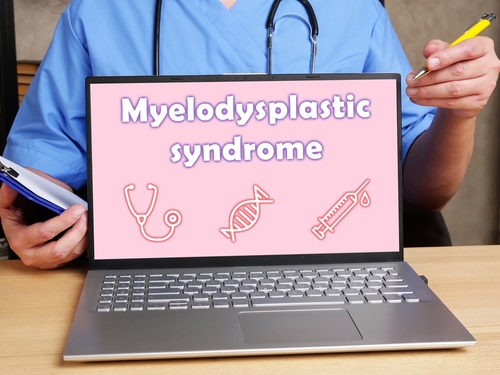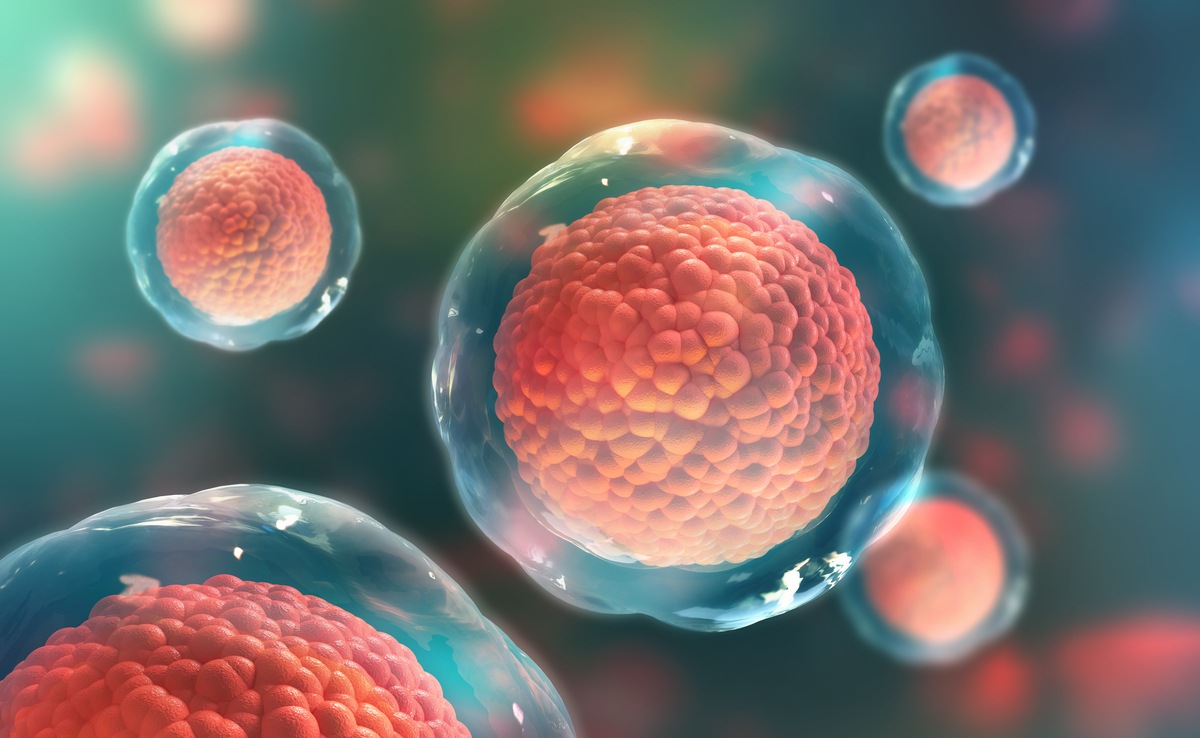
The phase 3 Precision-T study was launched to compare the investigational allogeneic T-cell immunotherapy Orca-T with conventional allogeneic hematopoietic stem cell transplantation (HSCT) to treat hematologic malignancies. By one year in the study, Orca-T had a higher percentage of patients who survived and were free of moderate-to-severe chronic graft versus host disease (GvHD). This finding was announced in a press release from Orca Bio, the biotechnology company developing Orca-T.
Precision-T is a randomized, open-label, study conducted across 19 treatment centers which Orca Bio designed with guidance from the FDA. In it, Orca-T was compared with conventional allogeneic HSCT as a treatment for acute lymphoblastic leukemia (ALL), acute myeloid leukemia (AML), high-risk myelodysplastic syndrome (MDS), and mixed-phenotype acute leukemia.
“These exciting results underscore Orca Bio’s vision of transforming the treatment landscape for patients living with serious blood cancers, potentially standardizing curative treatment for diseases like AML, ALL, and MDS,” commented Orca Bio co-founder and chief executive officer Ivan Dimov, PhD.
At one year of the study, the achieved rate of survival free of moderate-to-severe chronic GvHD with Orca-T was 78% versus 38% with conventional allogeneic HSCT, with a hazard ratio (HR) of 0.26 (P<0.00001). Interim analysis at that timepoint found overall survival to be 94% with Orca-T versus 83% with allogeneic HSCT, respectively, with an HR of 0.49 (P=0.11823). The cumulative incidence of moderate-to-severe chronic GvHD at one year was 13% with Orca-T versus 44% with allogeneic HSCT, respectively, with an HR of 0.19 (P<0.00002). There were no new safety issues with Orca-T raised by this study.
Upcoming in 2025, the complete results from Precision-T will be presented at the 51st EBMT Annual Meeting in Florence, Italy, and Orca Bio will submit a Biologics License Application for Orca-T, including these results to the FDA. FDA already previously granted Orca-T both Regenerative Medicine Advanced Therapy and Orphan Drug Designation to prevent GvHD or mortality in HSCT-eligible patients.
“These results support the validity of our high-precision platform as we continue to advance our robust pipeline of allogeneic cell therapies for the treatment of hematologic malignancies, autoimmune diseases, and beyond,” Dr. Dimov remarked.
Reference
Orca Bio Announces Positive Results from the Pivotal Phase 3 Study of Investigational Orca-T® Compared to Allogeneic Stem Cell Transplant for the Treatment of Hematologic Malignancies. Press release. Orca Bio. March 17, 2025. Accessed March 31, 2025. https://orcabio.com/orca-bio-announces-positive-results-from-the-pivotal-phase-3-study-of-investigational-orca-t-compared-to-allogeneic-stem-cell-transplant-for-the-treatment-of-hematologic-malignancies/







 © 2025 Mashup Media, LLC, a Formedics Property. All Rights Reserved.
© 2025 Mashup Media, LLC, a Formedics Property. All Rights Reserved.